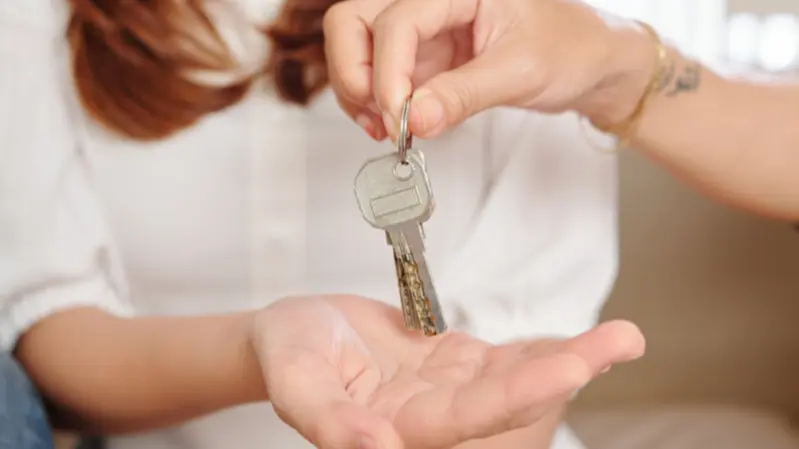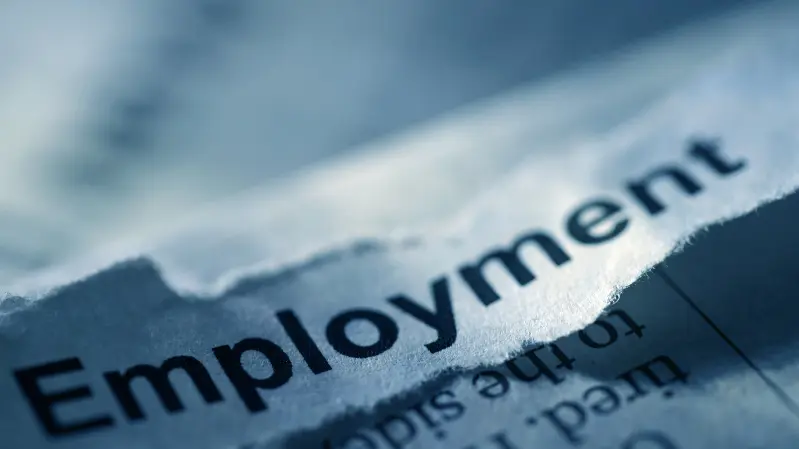Grants for felons in North Carolina are available to help returning citizens pay for essentials like food, utilities, rent, healthcare, education, and job training.
Government Grants For Felons in North Carolina 2025

These programs help you afford basic needs:
- Food and Nutrition Services (Food Stamps)
- Work First Temporary Cash Assistance
- Low-Income Energy Assistance Program (LIEAP)
- Lifeline Free Phone Plans
- Medicaid
- Rent Assistance (Section 8)
North Carolina’s ePASS makes it easy to apply for the financial assistance you need to get back on your feet.
Food And Nutrition Services (Food Stamps)
Jobless felons and those on a low income can get free money each month to help pay for groceries. The amount you’ll get depends on your income, assets, and household size.
For example, a single-person household earning less than $2,510/month after allowable deductions may qualify for up to $292/month in benefits.
Monthly Cash Grants For Families
The Work First program provides employment services and temporary cash benefits to very low-income families with children.
Qualifying families can receive assistance for up to 24 months. The maximum monthly payment for a family of 3 is $272.
LIEAP Utility Bill Assistance
The Low Income Energy Assistance Program issues a grant to eligible households once per year. The payment is made directly to your energy supplier.
The amount you’ll qualify for depends on your income and household size. Apply for this grant from December 1st – March 31st each year.
Lifeline Free Phone Plans
Get unlimited free calls and texts plus 4.5GB of data each month with a free Lifeline phone plan. Eligibility for the program depends on your income and household size.
For example, a single-person household with an income under $20,331 will qualify.
Grants For Healthcare
In North Carolina free healthcare is available through the Medicaid program. If you meet the income requirements, you’ll only have to pay a small copay ($4 maximum) for healthcare services and prescriptions
What Grants Help Felons Afford Rent?

The Department of Housing and Urban Development (HUD) funds rent assistance programs nationwide. These programs commonly known as Section 8 are managed by local Public Housing Authorities (PHAs).
To get rent assistance you’ll need to meet the income limits for your household size and pass a background check.
Can felons pass the background check? Yes, but acceptance depends on the type of offense and how long ago it happened.
Find your PHA: https://www.hud.gov/program_offices/public_indian_housing/pha/contacts
Other Basic Needs Grants For Felons In NC
Some charities and nonprofit organizations help felons struggling with the cost of rent, utility bills, food, clothing, and transportation.
The help you can qualify for depends on your situation and the funds the charity has available.
In North Carolina contact:
- The Salvation Army: https://southernusa.salvationarmy.org/north-south-carolina/
- Catholic Charities Raleigh: https://www.catholiccharitiesraleigh.org/
- Catholic Charities Charlotte: https://ccdoc.org/
- The Society of Saint Vincent de Paul Goldsboro: https://www.ssvdpstmary.com/
- The Society of Saint Vincent de Paul Raleigh: https://stfrancissvdp.org/
- United Way North Carolina: https://www.unitedwaync.org/nc-211
Education & Training Grants Felons Can Apply For
Felons in North Carolina can receive federal and state education grants. Submit the Free Application for Federal Student Aid (FAFSA) to determine your eligibility.
Federal Pell Grants: Gives students up to $7,395/year for college or trade school.
Federal Supplemental Educational Opportunity Grant: Qualify for up to $4,000/year of additional funding if you have exceptional financial need. These grants are limited so apply early.
Read more: https://studentaid.gov/understand-aid/types/grants
The Next NC Scholarship: Students from households making less than $80,000 per year can receive at least $3,000 per year (community college) or $5,000 per year (public college).
Employment Grants in North Carolina For Felons

Felons looking to reenter the workforce in North Carolina can benefit from these programs:
Work Opportunity Tax Credit (WOTC)
Employers hiring individuals with felony convictions within one year of release or conviction can qualify for valuable tax credits.
Ask your local job center for a WOTC introduction letter to inform potential employers about the financial benefit they can get if they hire you.
Federal Bonding Program
This protection from potential dishonest acts by employees with criminal records encourages employers to hire felons by giving employers free insurance against losses of up to $5,000.
Read more: https://www.commerce.nc.gov/grants-incentives/workforce-grants/high-risk-employees-federal-bonding
Workforce Innovation and Opportunity Act (WIOA)
The WIOA program funds free job training programs in high-demand fields like healthcare, IT, and construction. Felons may also qualify for paid on-the-job training.
Get employment help from your NCWorks Career Center: https://www.ncworks.gov/
Need More Resources?
Felons looking for more structured help can contact the Community Success Initiative based in Raleigh. This reentry provider connects former offenders with local support and case management services.
Contact: https://www.communitysuccess.org/
Recently Published: